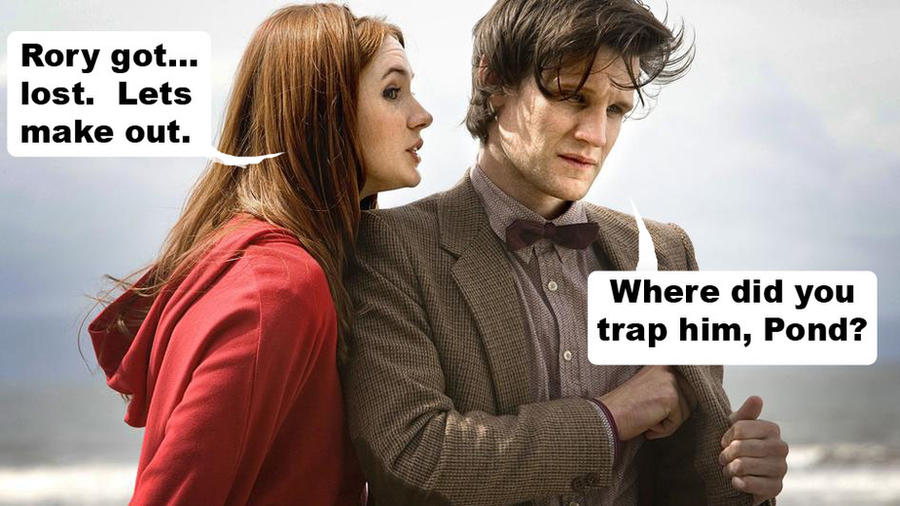That's not how I worded it, but that's basically the gist if you missed it
I could probably go on about that second bit ad nauseum, but I want to get back to the critique part.
Specifically the "Taking Critique" part. (I'll hit up the "giving critique" half soonish).
What I'd previously written was:
In order to successfully receive a critique, you have to listen.Now, first of all, a Critique is not a Review. The two are inherently different. A critique is a response to a work, usually by a friend, mentor, colleague, or peer with the express purpose of helping you to improve your work in the future. A review is a judgement, favorable or not, without helpful insight.
Actually listen. Open your ears and hear what people are saying about what you did.
Take it in, soak it up, and utilize the information.
Also, don't ask for a critique if you don't actually want to hear one.
A critique is not the place for gratuitous back patting - that's what your mother is for.
So let's expand upon that just briefly, under the assumption that the person you're talking to is actually trying to help you.
Taking a critique means listening.
Yes, I said that already.
It also means responding and defending, but how you phrase that response and defense will immediately let the person you're talking to know what you really felt about their opinion. Coming out with "You're wrong, and here's why..." tells the person you're talking to that you consider their opinion to be Invalid. (Also, how you phrase that opinion is equally important, but we'll hit that up later).And no opinion is Invalid.
It's an opinion, not a fact.
It belongs to a single person. It is theirs. Telling a person their opinion is Invalid is like telling Amy Pond she's not a Ginger. And phrasing (especially on the internet where context and tone disappear) is everything.
in the long-running British science fiction television series Doctor Who.
"You're wrong" is confrontational, and it's not going to further the conversation towards your ultimate goal of making your work better!
"I disagree" tells the person you're talking to that you actually heard what they said, but have a counter argument, or perhaps a bit of information about the Thing you made that you neglected to share before. And a critique is all about having a Conversation, not an Fight; a conversation about a Thing, not about the person who made the Thing. Furthermore, it's perfectly valid to question a person about their opinion, and letting them elucidate on that might help you to understand their point of view.
And of course, there are always the overly talkative people who are not helping you with their opinions and thoughts - because it amuses them to tear you down in an nonconstructive manner, or because they don't actually know what they are talking about (or because they're giving you a review). And there's a fine line between critique and criticism, and sometimes it's very hard to distinguish the difference between the two.
I suppose my point is: When we communicate in absolutes, we're not really communicating. It's hard to have a conversation with someone who won't listen to and consider an outside opinion. Naturally this flies both ways - both parties need to accept the Fact that the other person has an opinion and that the opinion is Valid; perhaps not kind, or constructive, or even relevant - but still Valid. Sometimes it's worth the time to take a step back and consider the situation, the conversation, motivation, and actual message.
For further reading from people who are better writers than me:
Advice on handling criticism...
Advice on not holding grudges...
What is Constructive Criticism?

http://i.imgur.com/EdLz1.jpg
ReplyDeleteVery well written!
thankyou!
Delete